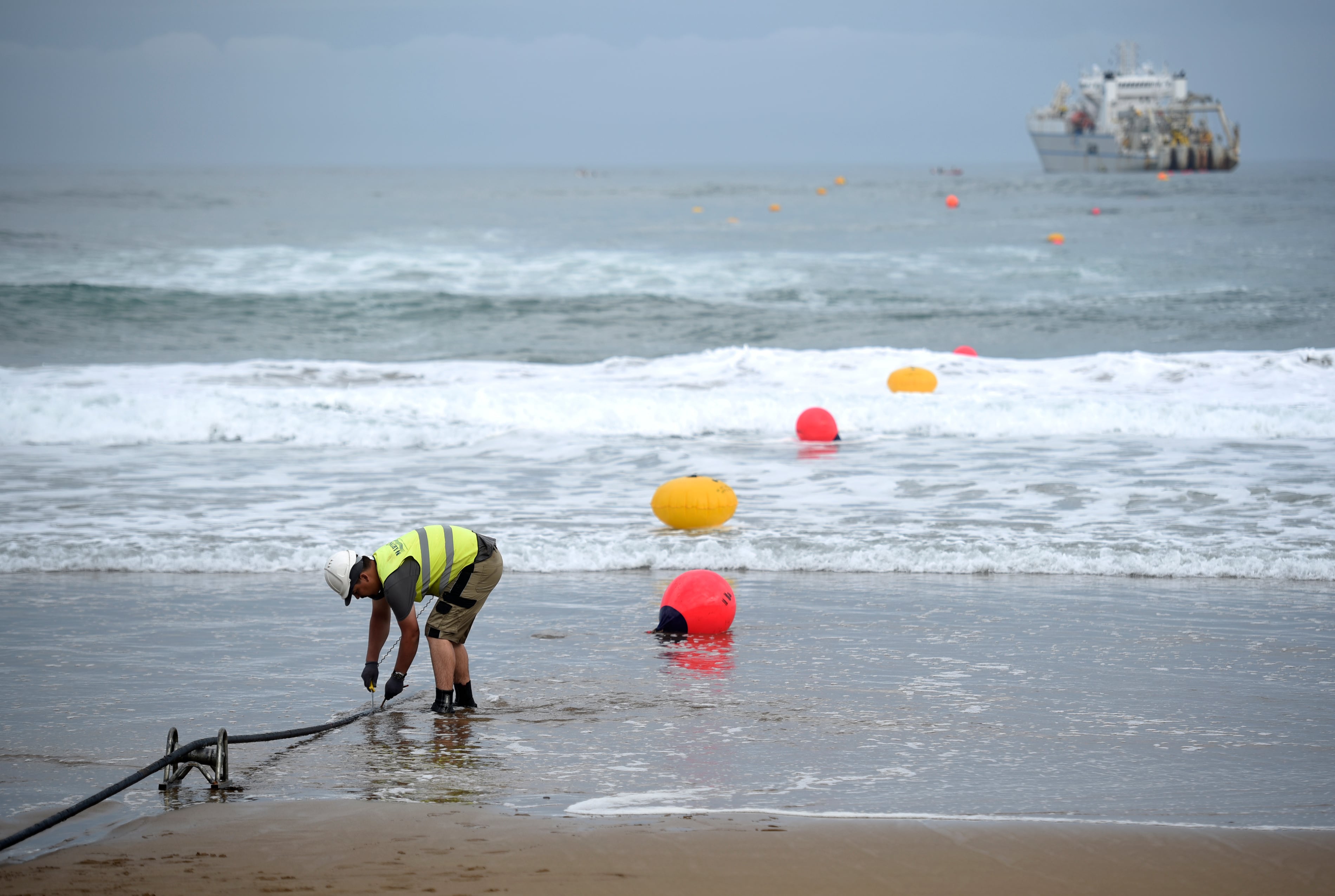MILAN – Ireland is doubling down on subsea monitoring, a discipline of naval warfare the country has so far largely overlooked but that represents a key capability in the context of the country’s strategic location on the northwestern edge of Europe.
The Irish government published its latest Defense Policy Review earlier this summer, which sets the posture of the national military forces in response to current security threats.
“Ireland’s security environment is undergoing a period of profound change; our geographic position and policy of military neutrality no longer minimize threats posed by malign actors,” the document stated.
The wider field of maritime security is among the listed priorities, for which the review recommends buying a naval surveillance radar and sonar capability to monitor undersea goings-on in the waters around the island.
The plan is to combine these capabilities into an integrated monitoring system for the air and land domains as well with the acquisition of a ground-based air defense system.
RELATED

Dublin’s waters are located in a nexus of a wide network of undersea cables, the global seafloor links through which roughly approximately 97% of global communications and internet traffic travels. According to public broadcaster RTE, three-quarters of all cables in the northern hemisphere pass through or near Irish waters, most of them off the southwest coast.
Any disruption or sabotage to these cables could have significant repercussions for the international economy and services.
The new defense review also says new capability development will focus on sub-sea, littoral and critical maritime infrastructure to enhance naval defense and enable the operationalization of inshore patrol vessels acquired from New Zealand in 2022.
Meanwhile, officials are in the process of developing a new national maritime security strategy, led by the country’s Department of Defense, which likely will flesh out Dublins’s subsea ambitions.
In an attempt to grow the country’s role in securing sea communication lines, the Irish government received lawmakers’ approval in July to join the Italian-led Critical Seabed Infrastructure Protection project of the European Union.
The initiative, launched in May 2023, is part of the Permanent Structured Cooperation, or PESCO framework, where seven EU member states collaborate to improve their underwater surveillance assets and capabilities.
While the addition of Ireland to the project represents an important step in its expansion of subsea know-how, it was met by criticism from other lawmakers, who viewed the move as straying it away from the country’s longstanding policy of military neutrality.
Elisabeth Gosselin-Malo is a Europe correspondent for Defense News. She covers a wide range of topics related to military procurement and international security, and specializes in reporting on the aviation sector. She is based in Milan, Italy.








